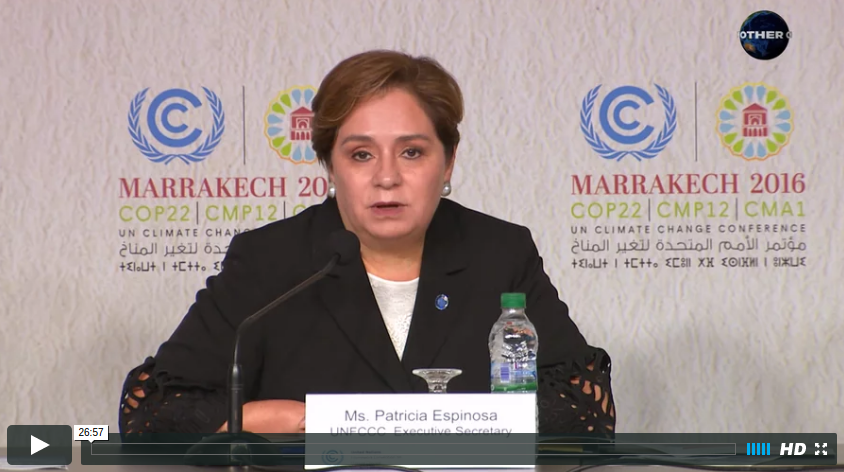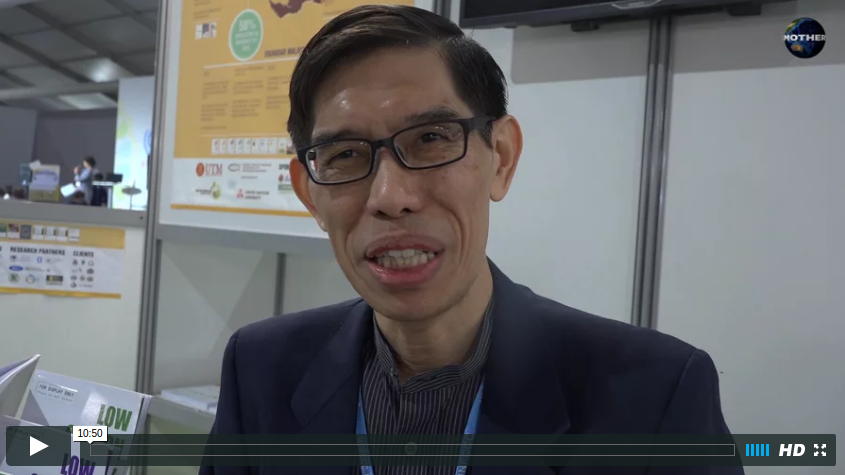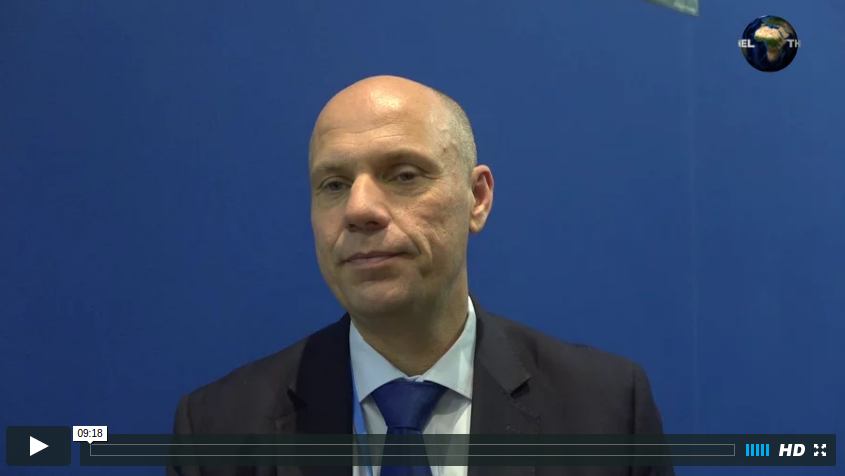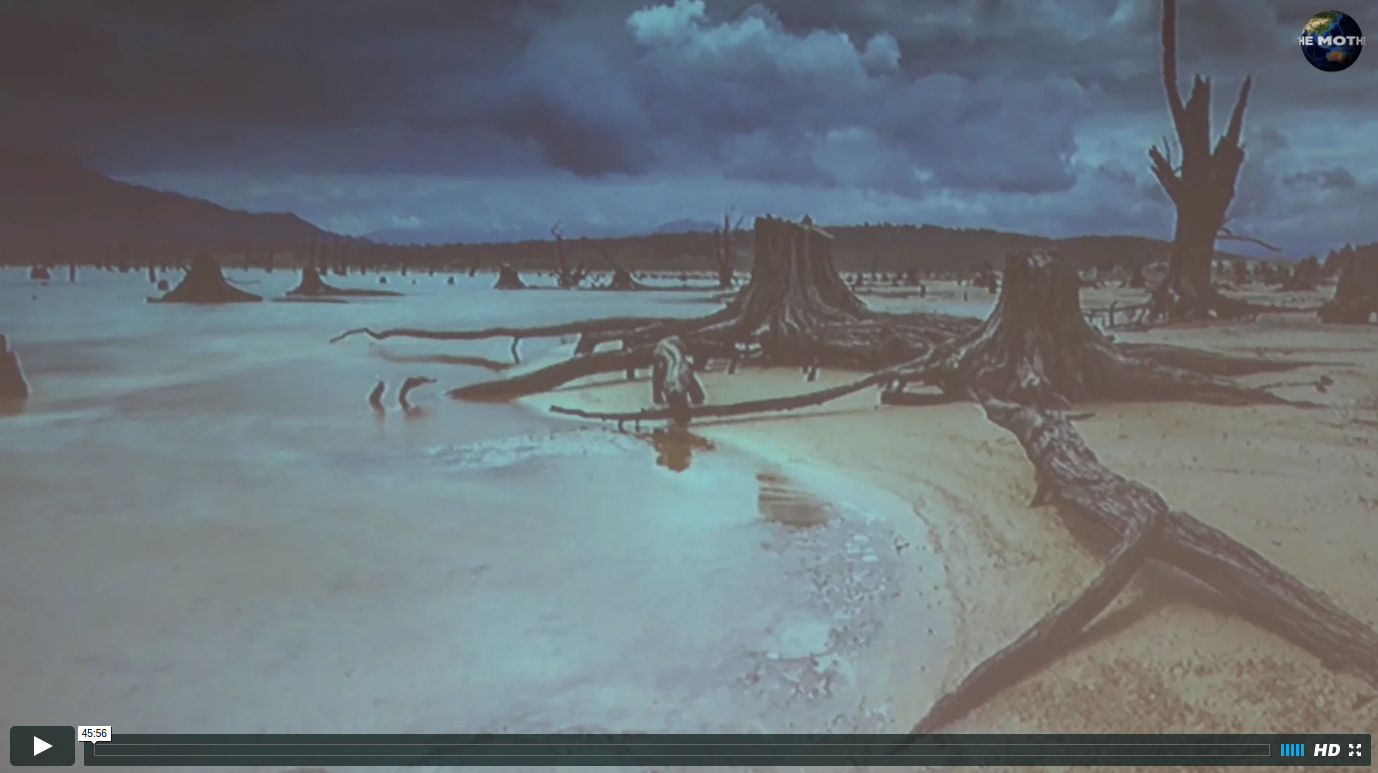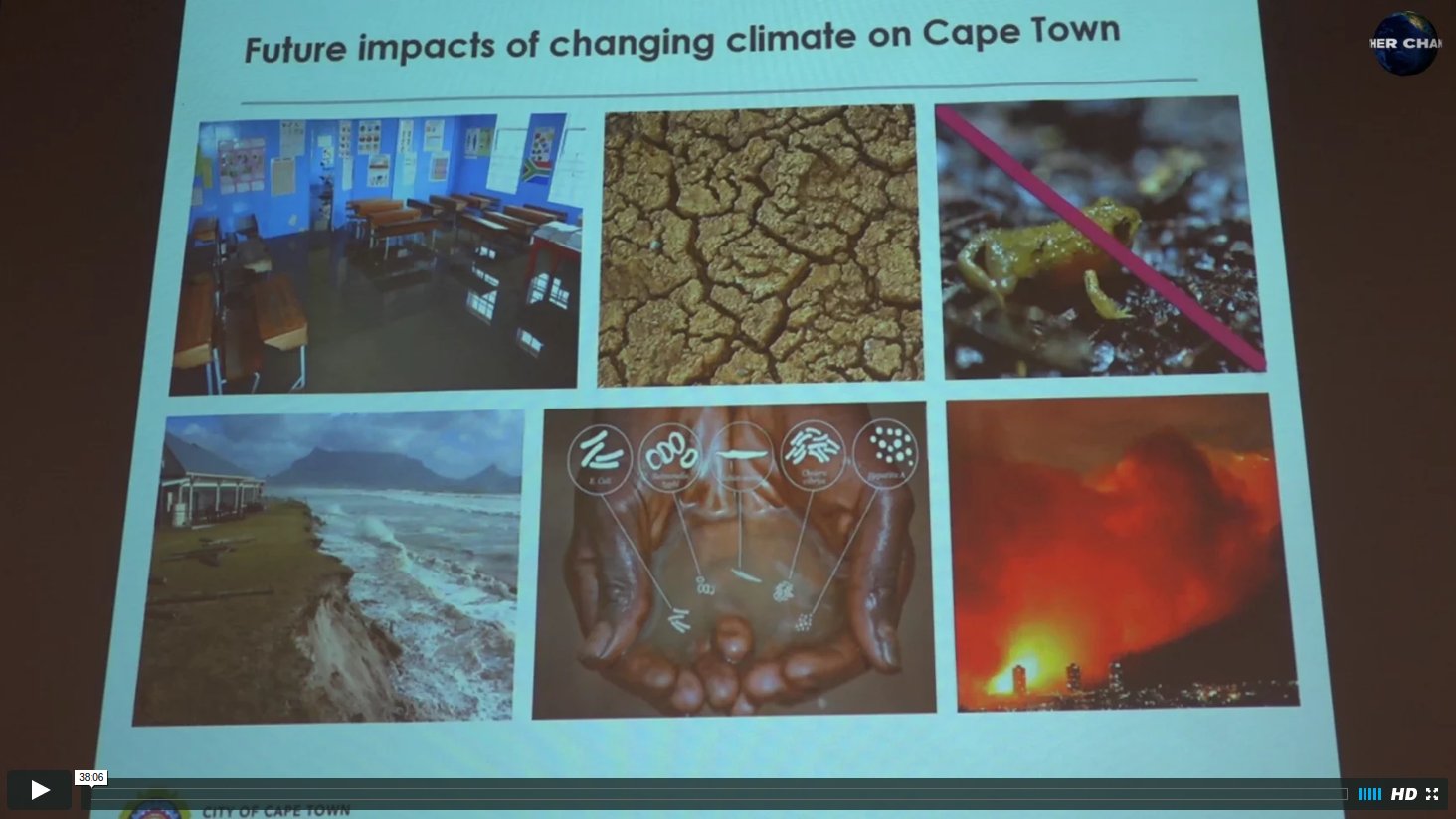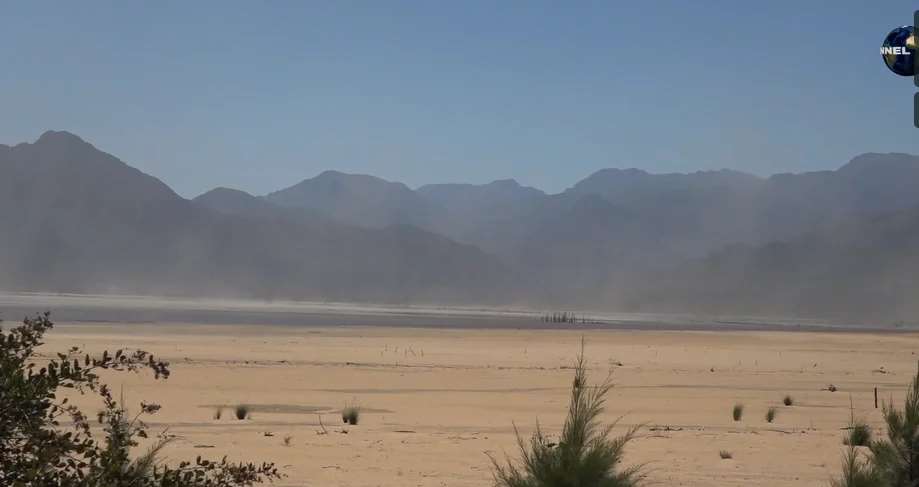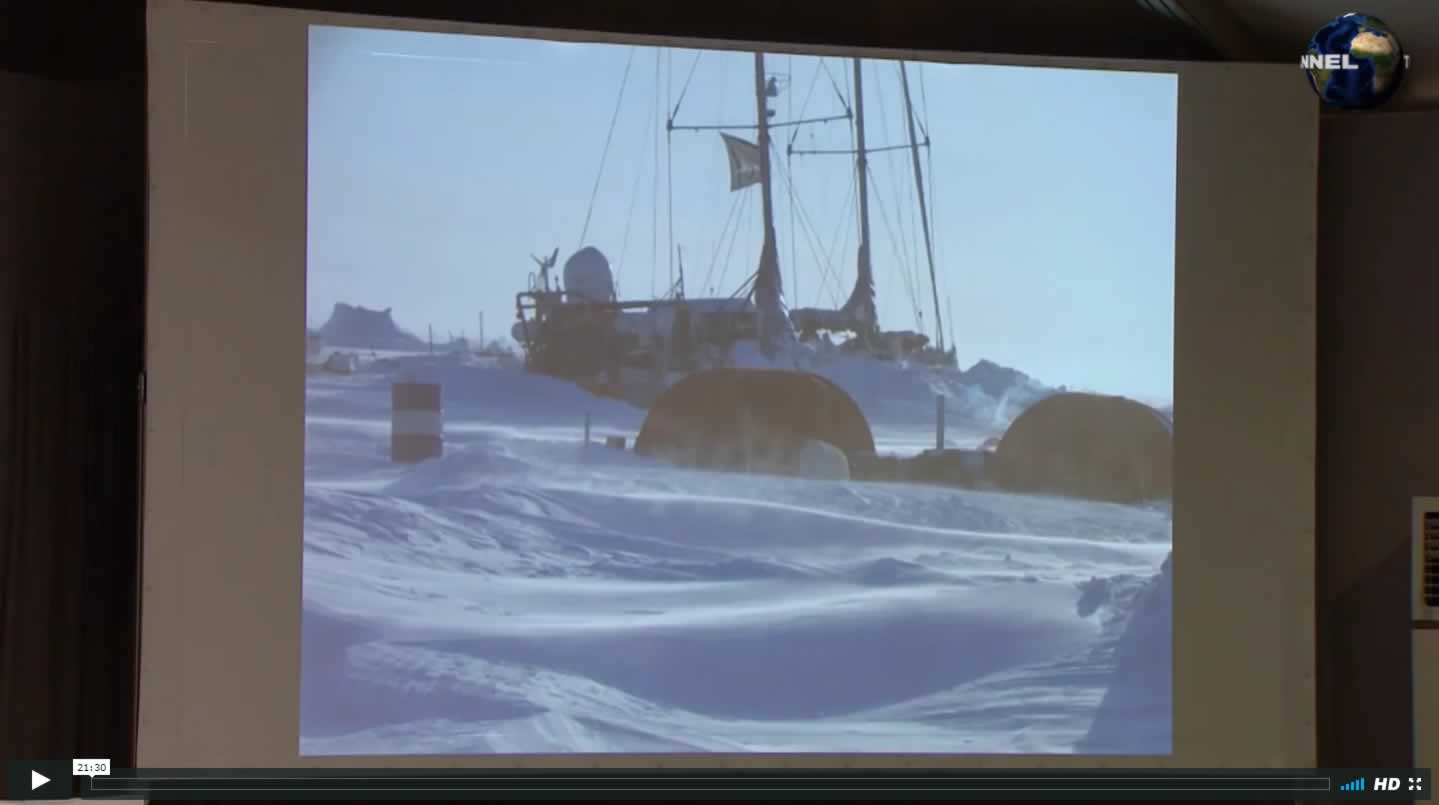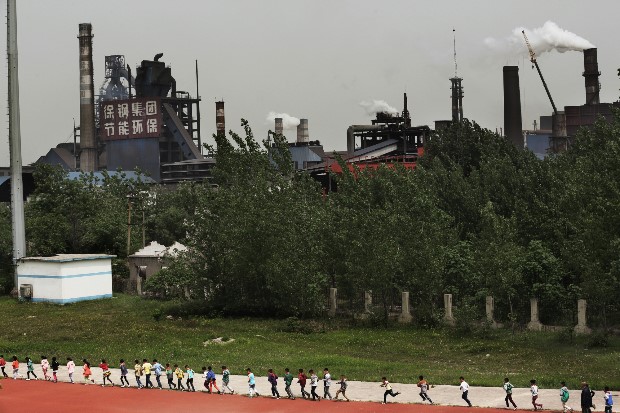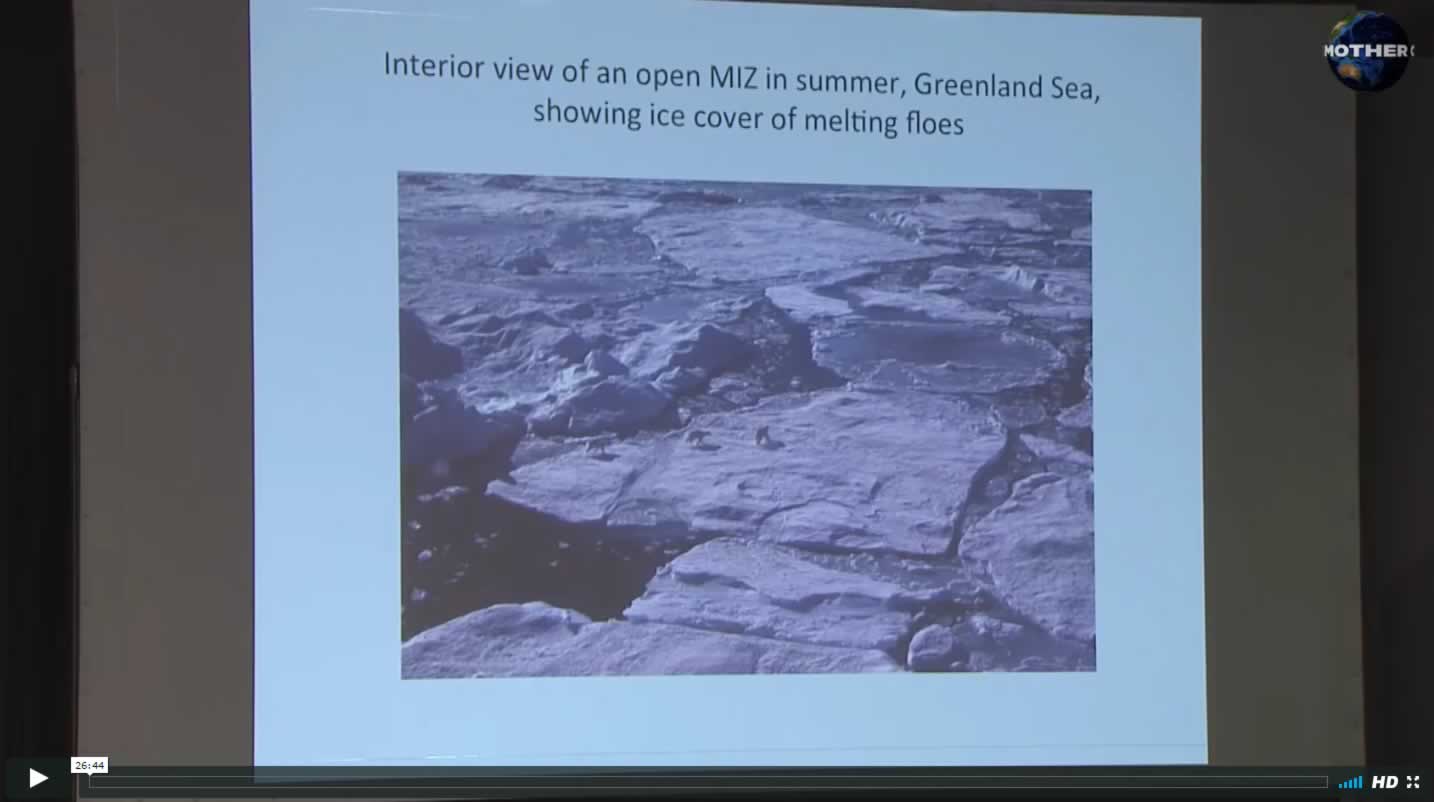- Live Stream
- Climate Change
- ENN
- Environmental Info
- Green Business
- Green Solutions
- Beautiful World
- Categories
- Articles
- Arctic & Glaciers
- Polar Regions and Glacier Reports
- Ethical Dimensions
- Global Warming
- Peatlands & Wetlands
- ENN – The Environmental News Network
- Agriculture
- Chemicals
- Conservation
- Fish Crime
- Forests
- Health
- Mountains
- Oceans
- Energy
- Money
- Green or Gone
- Nutrition
- Permaculture
- Various Solutions
- Powerful
- Watch This
- Water
- Breaking News
- Series ENN
HomeClimate ChangeGlobal WarmingA "WICKED" CLIMATE CHANGE PROBLEM IN THE CITY WITH DR ANNA TAYLOR (CoCT)
A “WICKED” CLIMATE CHANGE PROBLEM IN THE CITY WITH DR ANNA TAYLOR (CoCT)
Dr. Anna Taylor, African Centre for Cities (ACC) and CSAG, University of Cape Town has been in a close partnership with the City of Cape Town municipal government, working as an embedded researcher to analyse and contribute to the further development of climate adaptation processes and adaptive pathways, both at a strategic city-wide level and […]
CLOSE
